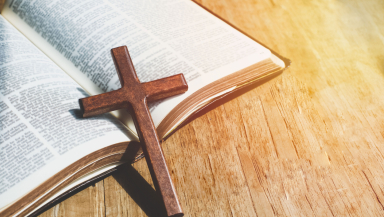
During World War II, the presence of American servicemen in the UK sparked a spiritual revival in local churches, a movement that extended into the 1960s. This revival, supported by Gospel teams formed on military bases, left a lasting impact on British religious life.
The Arrival of American Forces
Following the attack on Pearl Harbor in December 1941, the United States entered World War II, resulting in a significant influx of American troops to the UK. This period, often referred to as the ‘Friendly Invasion,’ saw millions of American men and women stationed across England, particularly with the US 8th Air Force.
The Role of Chaplains
Each American airbase was equipped with its own chapel and chaplains. These chaplains, representing Protestant, Catholic, and Jewish faiths, provided religious services and conducted funerals. Most servicemen were classified under one of these faiths, with some identifying as Mormon. While not all were active worshippers, the war often influenced their faith journeys.
Distribution of American-Issue New Testaments
The chaplains received compact King James Version New Testaments from the American Bible Society. A letter from Franklin D Roosevelt inside each copy encouraged servicemen to seek wisdom and inspiration from the Bible. The letter read: “As Commander-in-Chief I take pleasure in commending the reading of the Bible to all who serve in the armed forces of the United States. Throughout the centuries men of many faiths and diverse origins have found in the Sacred Book words of wisdom, counsel, and inspiration. It is a fountain of strength and now, as always, an aid in attaining the highest aspirations of the human soul.”
Formation and Function of Gospel Teams
Gospel teams, composed of evangelical Christian servicemen, emerged on various bases to provide spiritual guidance and conduct religious activities. These teams, often cross-denominational, organized Bible studies, prayer meetings, and worship services to bolster the faith of their peers.
Engagement with Local Communities
Gospel teams frequently collaborated with local British congregations. Typically consisting of four to seven members, these teams engaged in services that included sermons, musical performances, and personal testimonies. Their American backgrounds and wartime experiences captivated local audiences.
Bovingdon and Beyond
One notable Gospel team was based at Bovingdon Airfield, led by Sergeant Gib Clark of Ohio and Bill Dyer of Tennessee. They conducted services in nearby Methodist and Baptist chapels, building a reputation across the Chilterns. These interactions often led to new commitments to faith, with attendees receiving signed New Testaments as a memento.
United Nations Witness Team
In London, the United Nations Forces Witness Team, comprising American, British, Canadian, and other international servicemen, drew crowds of up to 300 for Bible study and prayer. Their story is captured in “Saved to Save Others – the Story of the United Nations Witness Team,” highlighting their dynamic approach to faith.
Legacy and Cultural Impact
Post-war, many American servicemen returned home to pursue ministry roles, their UK experiences having prepared them for leadership in the evangelical movement. The influence of these Gospel teams contributed to a revival in local churches, introducing new worship styles and inspiring the formation of indigenous teams. This groundwork laid the foundation for future evangelical movements, including the arrival of Billy Graham.
Today, the memories of these American servicemen and their contributions to British religious life persist among the older generation, serving as a testament to the lasting impact of their ‘Friendly Invasion’.
This article was originally written by www.christiantoday.com

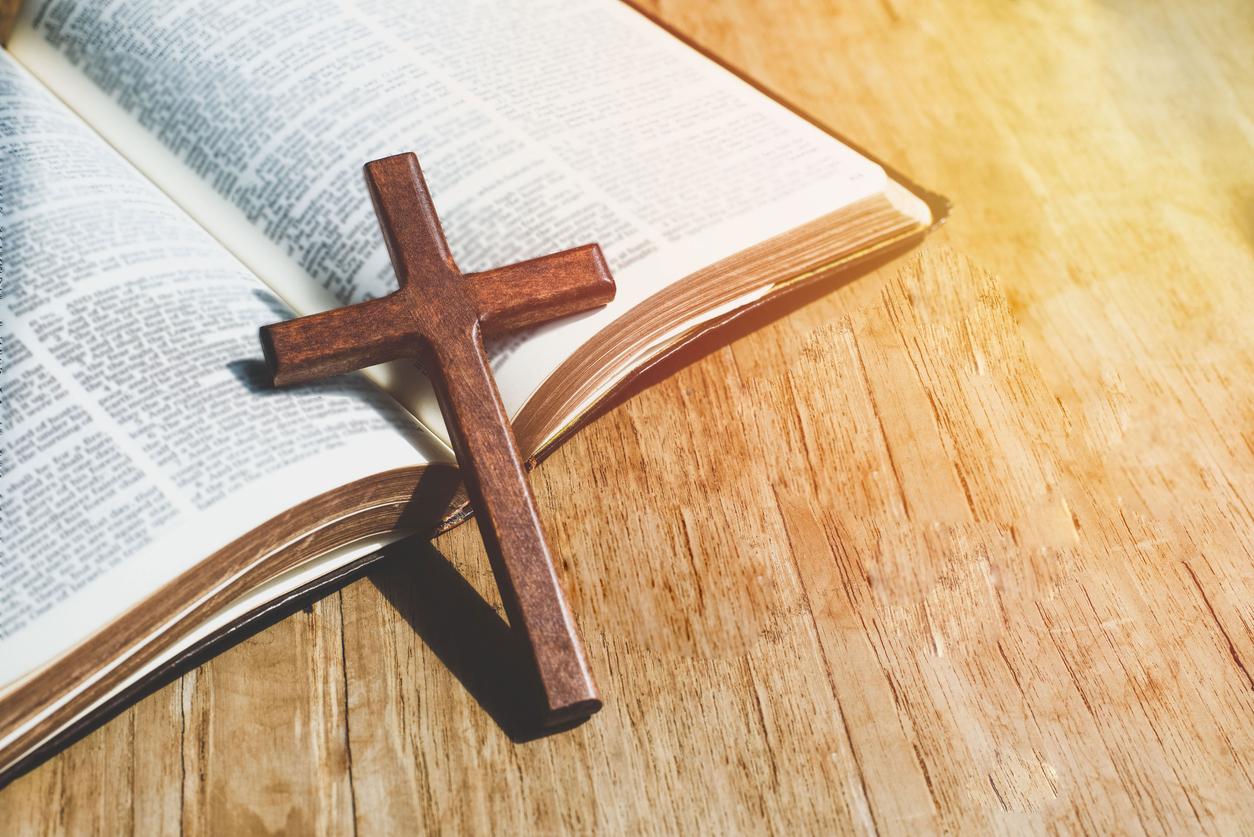
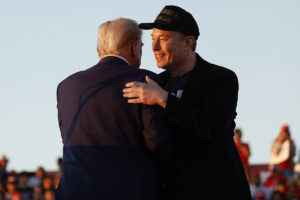
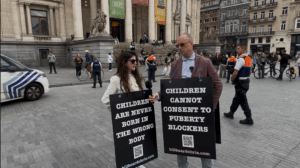
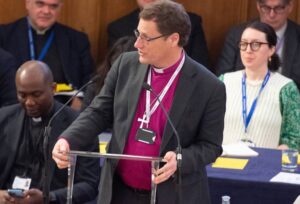
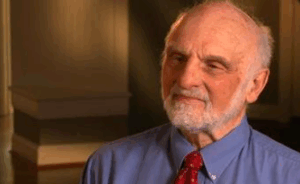

Be First to Comment